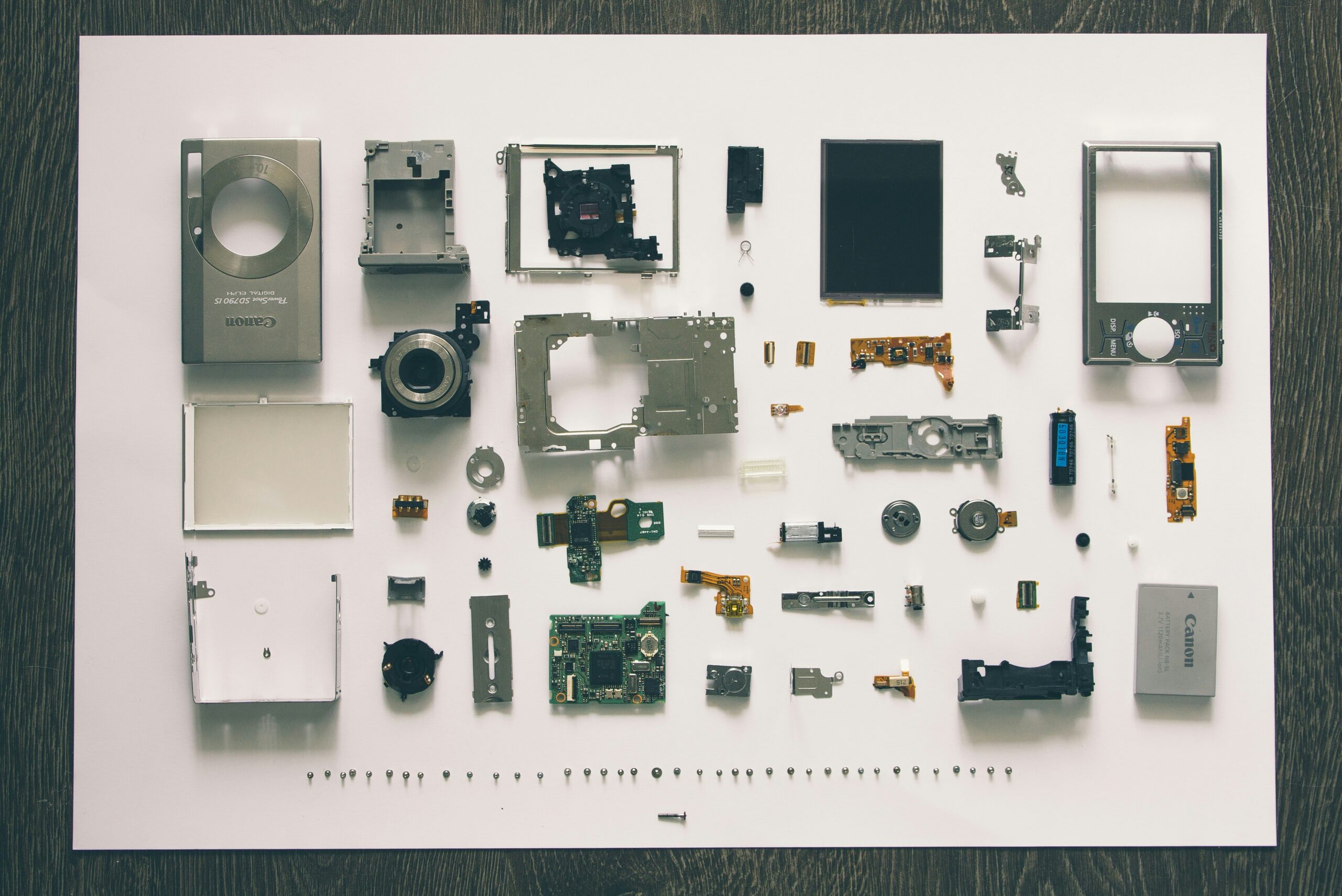Even though skilled labor remains undeniably important in the manufacturing industry, there is no denying the increased presence of AI. While much of the world’s attention has seemed to be focused on using generative AI to create funny images, that emphasis overlooks the very real impact that AI is poised to have in manufacturing and other industries.
In fact, in the coming years, AI is likely to completely reshape manufacturing — and that transition has already begun.
-
More Accurate Forecasting
One of the biggest challenges faced by e-commerce brands, manufacturers and others is forecasting demand and stock levels with complete accuracy. All too often, sellers experience scenarios where a high-demand item goes out of stock, resulting in lost sales revenue and higher supply chain costs from pushing through rush orders.
Alternatively, they experience the opposite problem, where overstocking results in excess inventory taking up shelf space and driving down profit margins. Together, these issues cause $818 billion in losses per year. AI and machine learning tools are perfectly designed to leverage historical and real-time data as well as current trends and events to create more precise forecasting models.
Organizations that adopt AI for forecasting can accurately schedule manufacturing based on demand, reducing unnecessary supply chain costs while maximizing sales potential.
-
Optimize Operations
Undoubtedly, one of the biggest potential impacts for AI is how it can optimize manufacturing processes through automation. Robots are already used in many manufacturing processes, and the number of “collaborative robots” designed to work in close conjunction with human partners is expected to grow to 42,000 by 2030.
AI and machine learning enable robots to perform tasks at a faster rate (and with less likelihood of error) than people. Tasks like assembly, material handling and material dispensing can be handled by robots to make production more scalable, even for complex tasks.
With AI-powered processes, manufacturers could even achieve 24/7 production capabilities, allowing for faster order fulfillment and the ability to produce larger orders.
-
Increased Safety
Manufacturing facilities present a variety of hazards, from falls and burns to injuries caused by lifting heavy objects or constant exposure to loud noise. Some facilities even have chemical or biological hazards that occur as a result of their operations.
AI has the potential to further limit human exposure to such hazards by empowering machines to take over complex or dangerous work. By using AI to power this work, skilled workers can instead focus on other advanced tasks that don’t present an injury risk.
Reducing the potential for accidents can help lower overhead, downtime and other financial burdens for manufacturing facilities, resulting in savings that could then be passed on to their customers.
-
More Advanced Quality Assurance
Quality assurance is a vital part of any manufacturing process, but it can prove to be quite time-consuming when performed manually. In addition, human workers aren’t going to catch every possible quality issue.
AI has already demonstrated its potential for improving quality assurance. In fact, a report by McKinsey explains, “By employing advanced image recognition techniques for visual inspection and fault detection, productivity increases of up to 50% are possible. Specifically, AI-based visual inspection based on image recognition may increase defect detection rates by up to 90% as compared to human inspection.”
The report also notes that AI can aid in predicting and avoiding machine failures (which often contribute to product defects). AI will help manufacturers identify and correct defects before they result in major losses or problems with the final product, further lowering costs and improving productivity.
-
Cyber Protection
Cybersecurity is a major concern for manufacturing companies, particularly as hackers develop more advanced techniques to steal IP, conduct phishing scams or orchestrate ransomware attacks. In fact, over 40% of manufacturing firms experienced a cyberattack in 2020.
AI is becoming an increasingly valuable part of cybersecurity for manufacturers and others. Not only is it capable of collecting and analyzing data in real-time to identify attacks and threats, but it can also begin the remediation and recovery process to keep such issues from compromising your data.
In a future where AI will also be used to create ever-evolving cyber threats, having AI-driven security measures on your side that respond quickly will be key to protecting manufacturing processes.
-
Business Support Functionality
AI’s influence on the manufacturing industry will extend far beyond manufacturing processes themselves. Business support functionality that helps automate “back office” tasks will become a key driver of productivity and profitability. As manufacturing leaders become able to effectively outsource routine or repetitive tasks to AI, they can focus more of their efforts on directly serving the needs of their clients.
When used properly, AI has the potential to dramatically improve relationships between e-commerce sellers and their manufacturing partners. By placing the focus on human interactions and high-value tasks and leaving the lower-level work to AI, both sides can be better positioned to collaborate in a way that helps them achieve desired outcomes.
This could even enable manufacturers to work with a broader range of clients without sacrificing the quality of their communications and overall client relationship.
AI can’t replace every position in modern manufacturing — nor should it. But with the right implementations, AI can become a powerful tool that will enable manufacturers to operate more effectively than ever before. By maximizing their capabilities and delivering more consistent, quality work, manufacturers can deliver better results for clients in practically every niche. And that is good reason to be excited for AI’s future potential.




